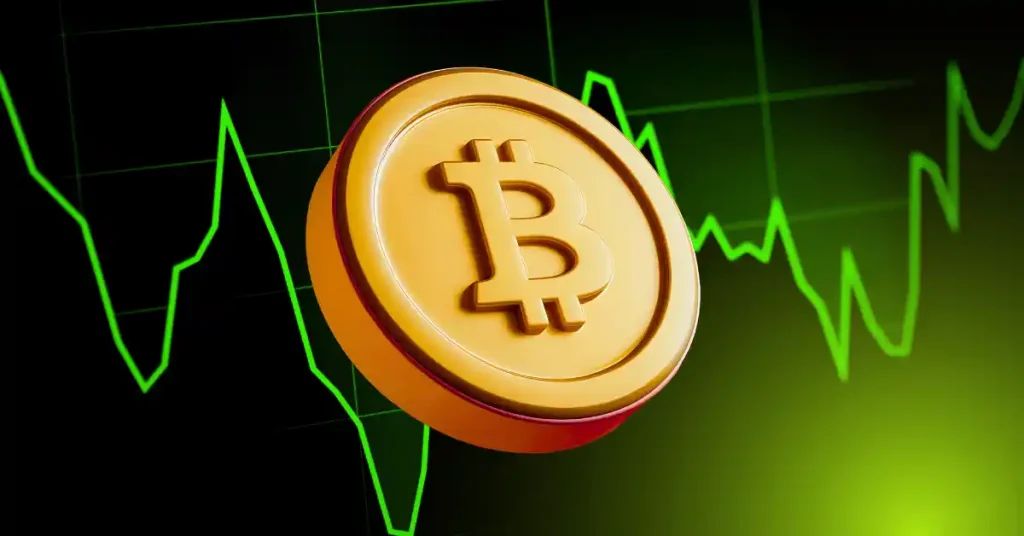ARTICLE AD BOX

DeFi Development Corp (DFDV) purchased 17,760 Solana (SOL) tokens for its cryptocurrency treasury, valued at approximately $2.72 million. DeFi Development has focused its attention on Solana due to its DeFi capabilities and ability to compete with similar tokens, such as Ethereum. DeFi Development now holds 640,585 SOL tokens, valued at approximately $98.1 million. The investment in SOL marks a stark contrast to other companies that mainly invest in Bitcoin. DeFi Development also has an interest in engaging with the Solana ecosystem to enhance its business operations. The latest purchase of 17,760 SOL had an average price of $153.10 per token. DeFi Development will store the tokens as validators for Solana, allowing the company to earn yields. They have even developed their validators to do the compounding independently.
Wu Blockchain, a crypto journalist, announced the news online, declaring that DeFi Development was continuing its Solana treasury strategy by purchasing 17,760 SOL tokens. Wu Blockchain also mentioned that DeFi Dev was being consistent with their focus on Solana. DeFi Dev aims to compound their treasury over time by reinvesting SOL tokens as validators for the Solana ecosystem. DeFi Dev is a Nasdaq-listed company that goes under the ticker DFDV. DeFi Dev was proud to announce the new milestone. They have an impressive SOL treasury of nearly $100 million, which may help them continue business operations even during difficult times.
A Solana-centric approach dominates the business model of DeFi Dev, with a treasury strategy combined with a staking approach to making profits. DeFi Dev has started its staking process for both internal and external clients. Staking is analogous to Bitcoin mining, as it is a method for generating revenue. The company has chosen Solana as its primary cryptocurrency due to its fast transaction speeds and DeFi capabilities. This is in contrast to Bitcoin’s problematic track record of scalability and limited abilities to program its blockchain. DeFi Dev, however, isn’t the only company investing in Solana. Sol Strategies, a Canadian firm, created a $1 billion prospectus to fund its Solana treasury and expand its validator activities. Solana has become a viable alternative to Ethereum, offering staking capabilities that make it an environmentally friendly option. Solana could also be used to expand services that tokenize real-world assets.
The sol-per-share ratio for DeFi Development is currently at 0.042, which translates to $6.65 per share. The metric could help compare various treasury companies to ascertain the relative strength of their treasuries. DeFi Dev has 14,740,779 shares outstanding according to their June 2024 filing. The Solana treasury has been carefully designed to be stored for an extended period, compounding interest through its yields. DeFi Dev has developed a business model based on the principles of compounding, while also offering validation services for the Solana network. DeFi Dev will keep shareholders and stakeholders informed of their treasury performance through regular filings and reports.
DeFi Development Corp has become a Solana-centric company, employing various acquisition strategies to purchase more of its common stock and acquire Solana for validation purposes. Such an asset-centric strategy has yet to prove its worth over time. The company has also suggested that shareholders could further use derivatives to hedge their exposure to Solana and optimise their portfolio. DeFi Dev has experienced various setbacks, including a failed SEC filing for $1 billion in funds on June 11, due to a misfiled 10-K form. However, the company has addressed these problems and has continued its treasury strategy. Solana traders may welcome the news of a Solana-based strategy, as it could be added to their portfolio, or they could subscribe to the company’s annual reports.
.png)
 7 hours ago
2
7 hours ago
2








 English (US)
English (US)